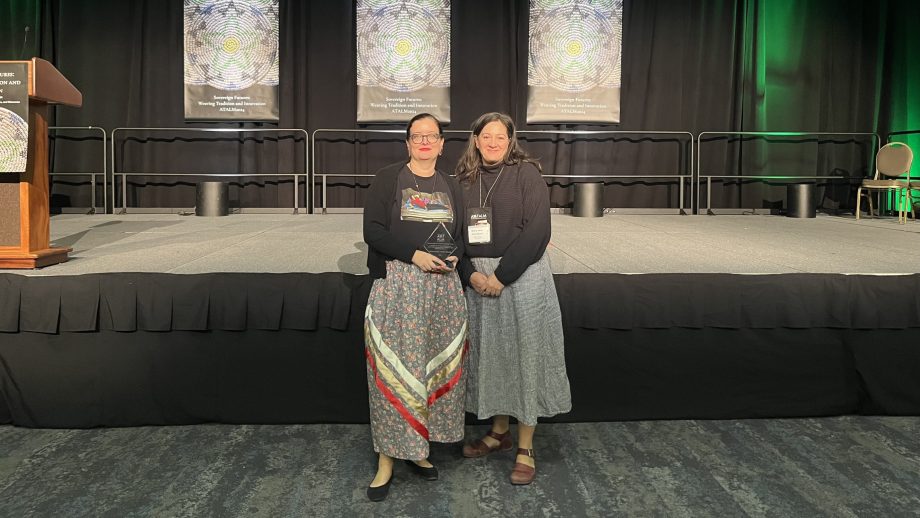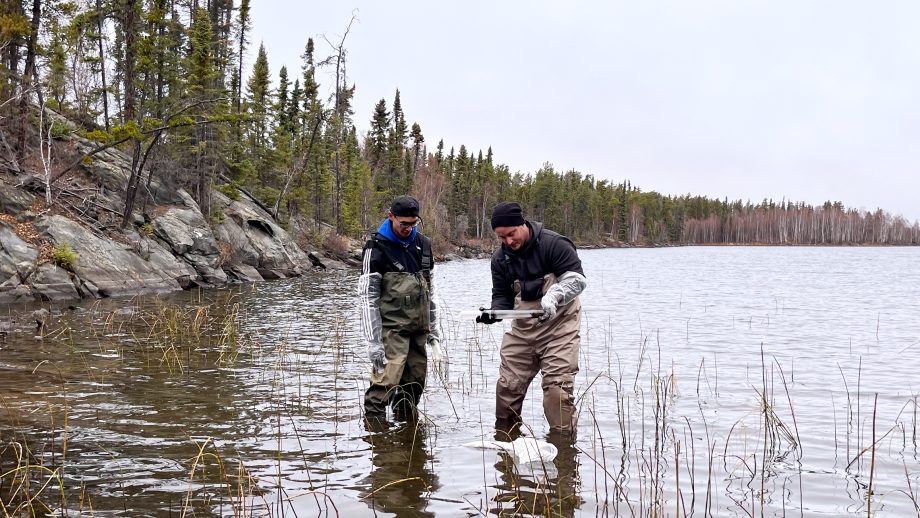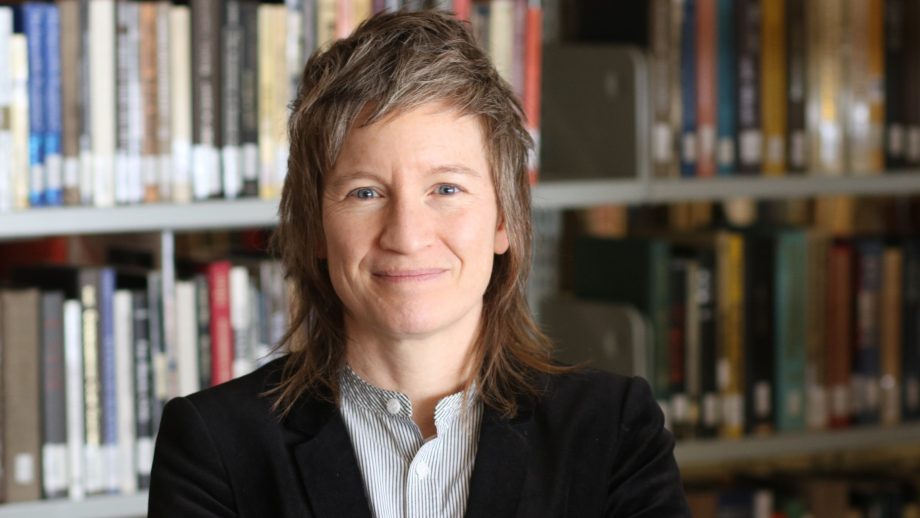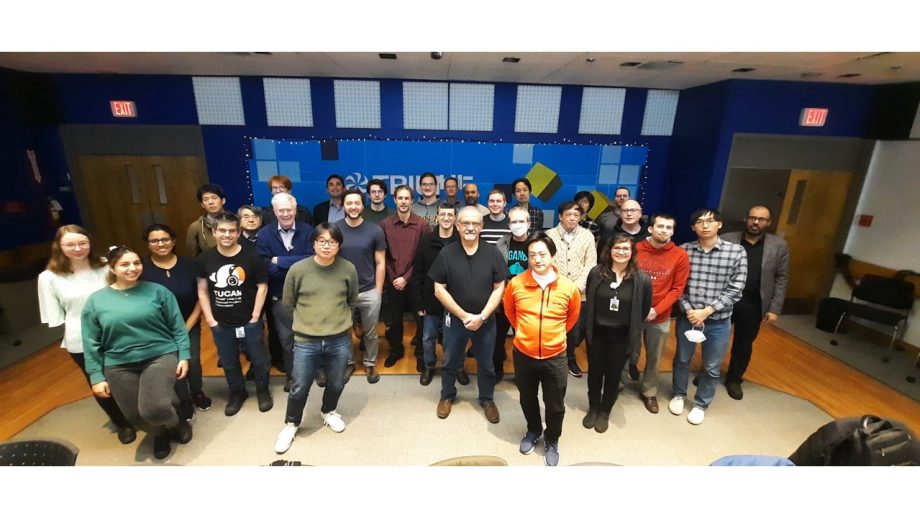Almost every piece of modern electronics exists because of solid state chemistry. Chemists, like UWinnipeg’s Dr. Chris Wiebe, are creating the materials which go into your smart phones, your computer, and your batteries. The fundamental processes which govern a lot of our technology are rooted in understanding quantum mechanics, or the rules of the atom.
Dr. Wiebe’s research seeks to understand so-called quantum materials so that future innovations such as quantum computers and room-temperature superconductors are designed and available for use.
Dr. Wiebe just completed a Tier 2 Canada Research Chair (CRC) tenure in Quantum Materials Discovery. His CRC allowed him to super flex his research muscle and engage students in his research to understand new materials that can be created to improve technology.
Every day for me involves exploring new materials and it is always exciting to make something that no one else has before.
DR. Chris Wiebe
Over the last 15 years, he has built a unique crystal growth and low-temperature property measurement lab at UWinnipeg that rivals labs at much larger universities, and has received over $60M in external research funding.
“Every day for me involves exploring new materials and it is always exciting to make something that no one else has before,” said Dr. Wiebe. “The discovery of a room-temperature superconductor, for example, would lead to a period of change that would rival the silicon revolution of modern computing. We would be able to make cheap MRI machines that would change healthcare in developing countries.”
His work can also find ways to transport power cheaply and efficiently to help with the energy crisis and global warming.
One key aspect of Dr. Wiebe’s research involves the use of neutron scattering, a made-in-Canada technique for understanding materials. Particles called neutrons can be harnessed in nuclear reactors or particle accelerators and then used to learn about where atoms are in space and their interactions with other atoms. Dr. Wiebe has been involved with the Canadian neutron scattering community for decades and has shown leadership in gaining access to foreign neutron sources in the short term as Canada aims for a new national neutron source in the future.
Former student and superstar alumna Dr. Alannah Hallas worked with Dr. Wiebe.
“Working with Dr. Wiebe, I was exposed to an entire world of materials that I didn’t even know existed,” said Dr. Hallas. “He fostered and nurtured my growth as a scientist and I absolutely would not be where I am today without his mentorship.”
Like Hallas, many UWinnipeg undergraduates, graduate students, and post docs benefit from Dr. Wiebe’s expertise, mentorship and innovative research opportunities. For that, he has been awarded for his teaching excellence.
“I am most proud of the students and post-docs that came through my lab,” said Dr. Wiebe. “Dr. Hallas, for example, now has her own state-of-the-art materials lab at the Stewart Blusson Quantum Institute at UBC.”
Dr. Wiebe has over 130 research publications and has served as a Fellow of the Canadian Institute for Advanced Research – Quantum Materials Division from 2015 to 2019. He was made a Fellow of the Royal Society of Chemistry (UK) in 2019; he served as President of the Canadian Institute for Neutron Scattering; was Chair of the National Magnetic Field Library User Committee; and was a member-at-large of the Neutron Scattering Society of America board.




